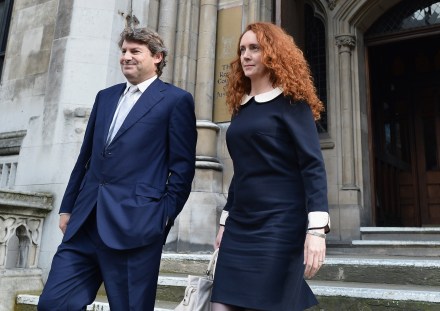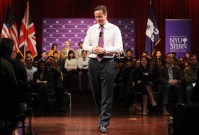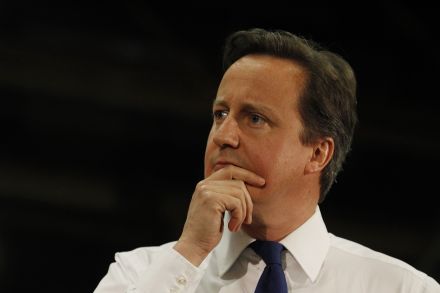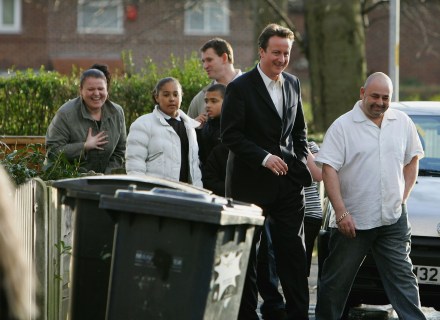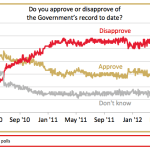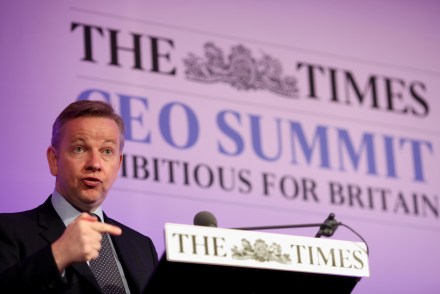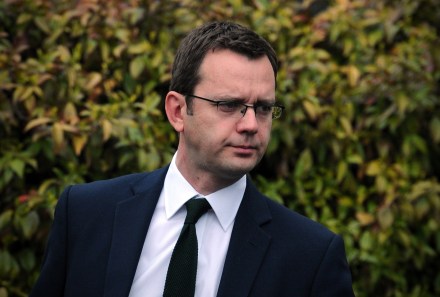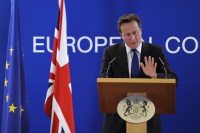Brooks charges mean more trouble for Cameron
The news that Rebekah Brooks and Charlie Brooks have been charged with perverting the course of justice means that there’ll be at least one trial involving friends of the Prime Minister before the next election. In cynical political terms, that Charlie has been charged as well as Rebekah creates an additional political problem for David Cameron. Part of Cameron’s explanation for how close he got to Rebekah Brooks has always been that she married an old school friend of his. Undoubtedly, the Charlie Brooks connection added a genuine layer of friendship to relations between Rebekah Brooks and Cameron. I suspect that if it was not for Charlie Brooks there would
